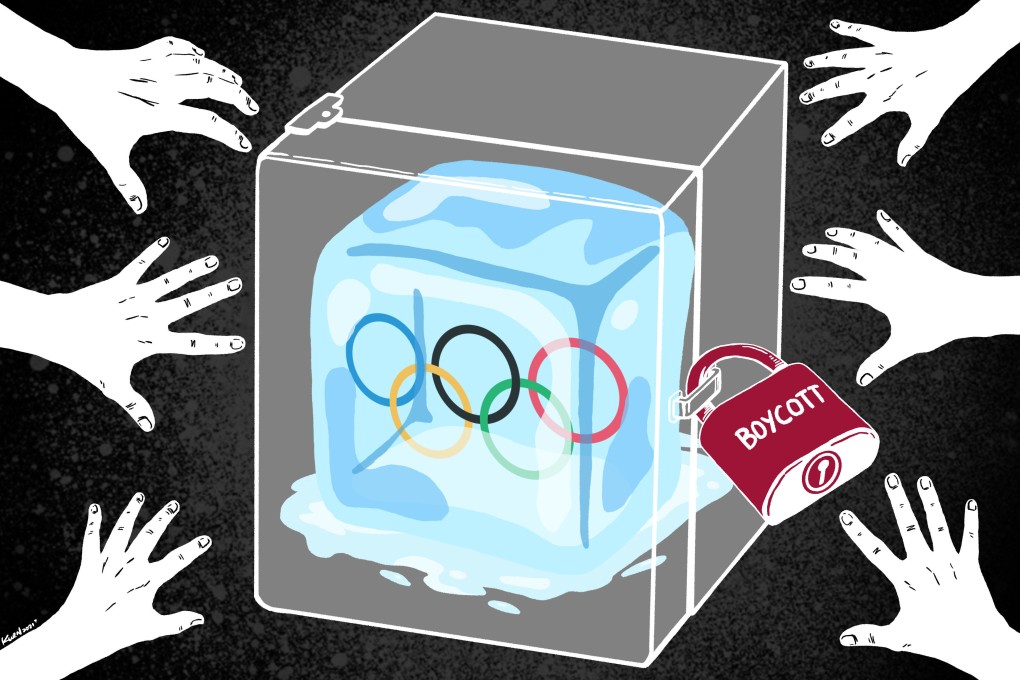Opinion | Beijing Winter Olympics: let athletes do their talking by making magic moments, not embroiled in boycotts
- From Jesse Owens in Nazi Germany in 1936 to the Black Power salute in 1968, to the “Miracle on Ice” in 1980, sport and politics make for historical memories
- Depriving athletes the chance to compete next year at the Winter Olympics would rob them of chance to put politics aside, or bring them into the fray on their own accord

The 1936 Summer Olympics in Berlin stand as a poignant moment in history. The Nazi regime had taken control of Germany and the world was on the brink of war.
The Games will be remembered for American Jesse Owens’ remarkable four golds in track and field, arguably the greatest sporting moment of the 20th century. Being an African-American, Owens struggled with the idea of going, fearing his life may have been in danger, but ultimately, felt the best way he could take a stand against Adolf Hitler’s Aryan agenda was toenter the lion’s den.
What popular history doesn’t remember about 1936 is the athletes who choose to stay at home as a form of protest. Harvard track star Milton Green, fencer Albert Wolff of France and basketball players from Long Island University actively boycotted the Games to bring light to anti-Semitism in Germany. Their stances were honourable, but received little fanfare in the end.

